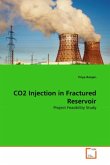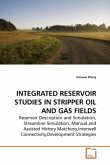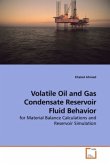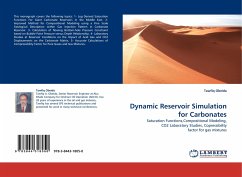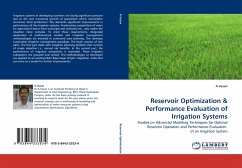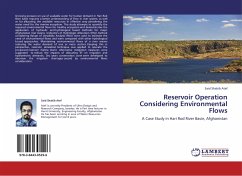One of the major objectives of the petroleum industry is to obtain an accurate estimate of initial hydrocarbon in place before investing in development and production.Porosity, permeability and fluid saturation are the key variables for characterizing a reservoir in order to estimate the volume of hydrocarbons and their flow patterns to optimize the production of a field. Many empirical equations are available to transform well log data to predict these properties. Researchers have utilized Artificial neural networks, particularly feed forward back propagation neural networks (FFNN), to develop more accurate predictions. Unfortunately, the developed FFNN correlations have some drawbacks, and as a result several improvements have been proposed. Our efforts is directed towards investigating the suitability of some of the recently proposed advances in neural networks technique including, functional networks (FN),cascaded correlation neural networks, polynomial networks, and general regression neural networks for predicting porosity and water saturation from well logs. We compared the performance of these techniques with standard FFNN as well as the empirical correlation models.
Bitte wählen Sie Ihr Anliegen aus.
Rechnungen
Retourenschein anfordern
Bestellstatus
Storno


